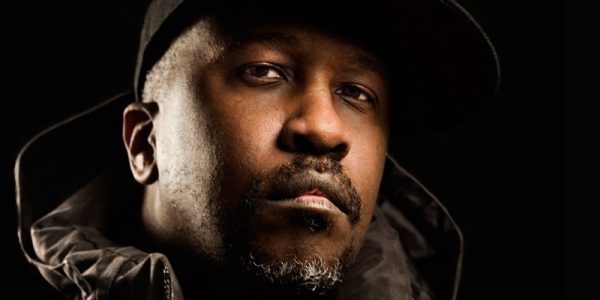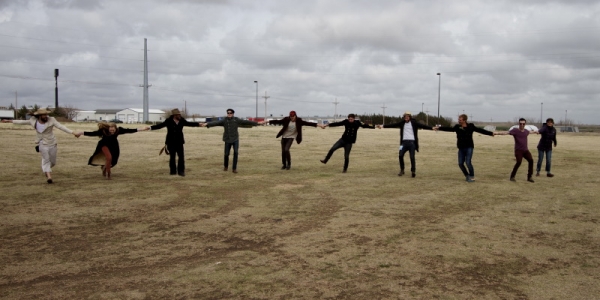From here on, Terry quickly rose to the status of superstar DJ, whose productions would define house music for generations to come. For many, his signature hit is his remix of Everything But The Girl’s Missing, a radical reworking that turned the acoustic track into a majestic club anthem. That track is just the beginning though – in fact, Terry has produced so many remixes over the years that he struggles to even remember them all. “Just the other day, I was looking through my old work and there are certain things I have no recollection of,” he laughs. It was a prolific period after all, and things were moving by very fast. “The remix game was there,” he says, “so I took control of it as much as I could. There are some I did that I thought could have been bigger, as big as Missing, but it doesn’t always work out that way.”
Over the last two decades, there have been a lot of changes in technology available to music producers, but in Terry’s view the biggest has been the shift from analogue to digital. “I mean, that’s just made a giant world of difference,” he says. “It used to take me all day to time-stretch a record, now it takes five minutes. I feel like I’m making more records now just to keep up with the market. Everyone can make a record now, so there’s a lot of competition. Back in the day, it was me and seven other record labels; now it’s me and 7000.”
As prolific as ever, Terry has many releases due out in the immediate future. “I have a single coming out called Symphony and a collaboration with J Paul Getto, as well as some new, different artists. I like to have as many different things on the table as possible. I feel as though that’s my freedom, if I can do something different every now and then.”
If you’ve been paying attention to Terry’s recent output, you may well have noticed that his reworking of The 2 Bears’ Ghosts & Zombies has a much harder sound than his typical productions. As to whether this signals a new direction for him, though, he is unsure. “I don’t ever see that I’ll mellow out. I’m happy for things to keep getting harder, but ultimately, every record’s different. I’ll be doing ten records and do a different thing on each one.”
When it comes to remixes, catering to an artist’s individual sound is of foremost importance to Terry, although this can sometimes make remixing a hit-or-miss job. “You have time pressure on you because you have to get it done and get it out there,” he says, “and sometimes you get it right, sometimes you don’t. For the next record I’m doing with The 2 Bears, we’re going to work on a production together – and you’ll hear the difference right away.”
In years gone by, Terry was adamant in his insistence that production is his true work, and that DJ gigs are just something on the side to pay the bills. In recent times, though, his attitude has softened a bit. “DJing is definitely a way of life for me now,” he says. “Before, I’d be able to make half the money in productions and half in DJing, but these days, I make it all in DJing and give the productions away. I release a hundred records a year and I can get 40 DJ gigs – it’s just keeping the flow going, keeping it out there. I get kids coming into my fanbase who are new fans – they’re kids who never heard of me from back in the day, but who heard a production of mine on Beatport. It’s all about keeping up with the sound that’s out there, doing a lot of collaborations, because that’s what keeps me strong and creates new fans.”
Terry’s early tracks were some of the first to mix house beats and hip hop, and before letting him go, I have to ask if he sees his legacy reflected on the charts today. “I love all the Usher and Chris Brown and Ne-Yo records,” he says. “They’re not house records, though – they’re pop-driven records. They’re using the ideas I had back in the day but taking them somewhere else. They’re good songs, good party tracks, but I don’t see what I was doing reflected in them.”
BY ALASDAIR DUNCAN

